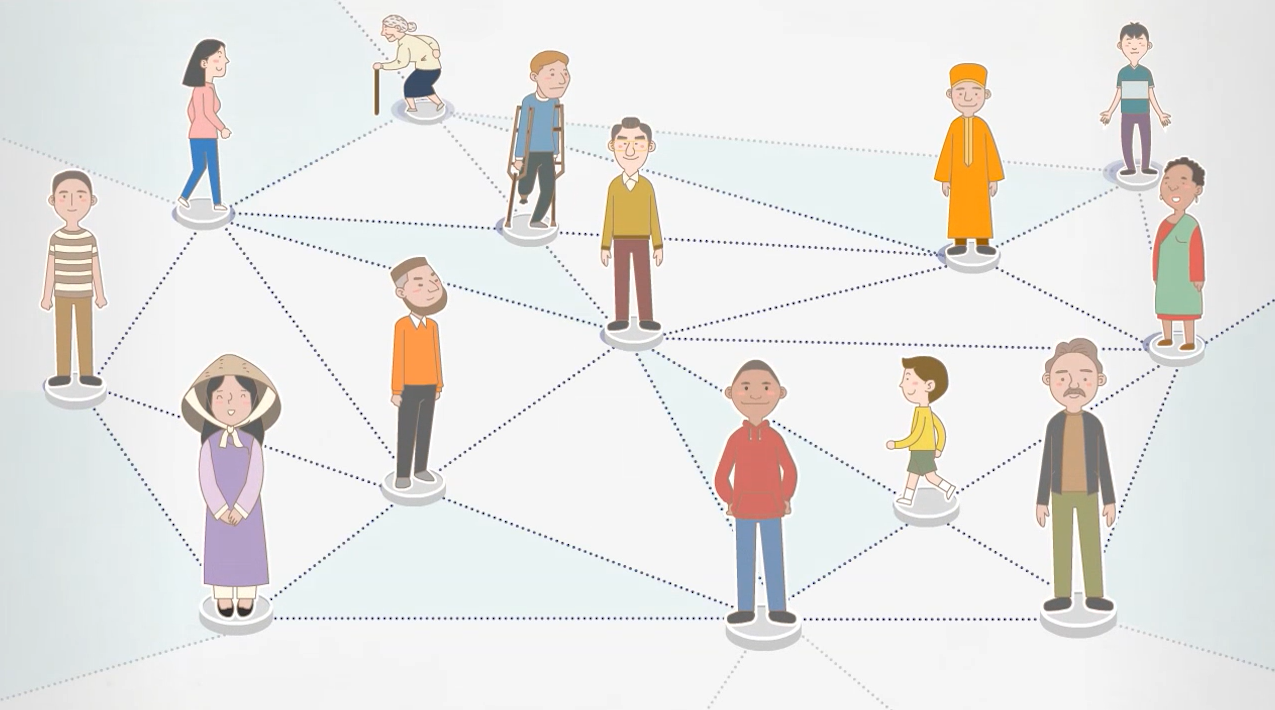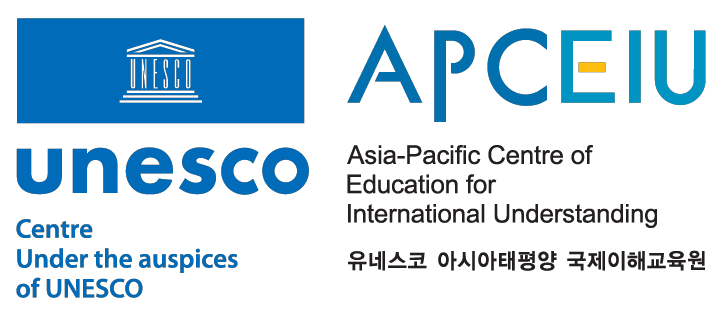
Open to PublicOngoingSelf-paced
GCED101: Introduction to GCED (Certificate Course)
| Application | 04-01-2019 ~ 12-31-2026 |
|---|---|
| Learning | 04-01-2019 ~ 12-31-2026(405 Weeks) |
| Course ID | 2025_80_CL005_1_0_ |
Take the course at your own pace
Downloadable Certificate
Earn a certificate upon the course completion100% Free
Course Reviews
-
MYRRH SYNA CHEENE PALALISAN MYRRH SYNA CHEENE PALALISANGlobal Citizenship Education (GCED) helped me see the world from a wider perspective and understand how my actions, even as a student, can create positive change. It taught me the importance of empathy, responsibility, and being aware of global issues like inequality and climate change. Overall, GCED inspired me to become a more active, informed, and compassionate global citizen.
-
Shaima AbdullahThe lecture on global citizenship was insightful and impactful, emphasizing the importance of understanding our role in an interconnected world and highlighting how individuals are not just members of their local communities but active contributors to global outcomes. It aligned well with the principles of Global Citizenship Education (GCED) by encouraging empathy, responsibility, and awareness toward issues such as inequality, environmental challenges, and social conflict. The lecture effectively illustrated how informed and ethical decision-making can foster peace, inclusivity, and sustainability, using relevant examples to connect theory to real-life application and inspiring a sense of accountability and action in shaping a better future.
-
Jenny Bebs GarcesGlobal Citizenship Education (GCED) empowers individuals to understand their role in an interconnected world, encouraging empathy, responsibility, and informed action toward global issues such as injustice, environmental degradation, and social conflict. It fosters a generation capable of making decisions that contribute to a more peaceful, inclusive, and sustainable future.
-
Sofia PananginGlobal Citizenship Education (GCED) is crucial for sustainable development, as it equips learners with the knowledge, skills, values, and attitudes needed to address interconnected global challenges like climate change, poverty, and inequality.
-
KRIS LAWRENCE LACDO-Othis course enhance a new information to fulfill a holistic quality of education in all aspects. it gives a fountain of knowledge and to be inspired by any professions.
-
Sherub DorjiThe course equipped me with the knowledge on Global Citizenship Education. On completion of course I understood the concepts, strategies and other important components which would enhance my implementation strategies to understand the world better and help in imparting knowledge of colobaration for the better world.
-
Princess Allysa PedranoThis course gave me a solid understanding of Global Citizenship Education, its key concepts, and how it fits into the UNESCO framework. I learned practical strategies to teach GCED and how to foster global citizenship in the classroom.
-
Tashi Gyeltsheneffective and helpful for everyone and as educator one can inspire learners to be responsible citizen
-
Rommel Acio Rommel Aciohis course enhance a new information to fulfill a holistic quality of education in all aspects. it gives a fountain of knowledge and to be inspired any professions.
-
ROMMEL ACIOthis course enhance a new information to fulfill a holistic quality of education in all aspects. it gives a fountain of knowledge and to be inspired any professions.



